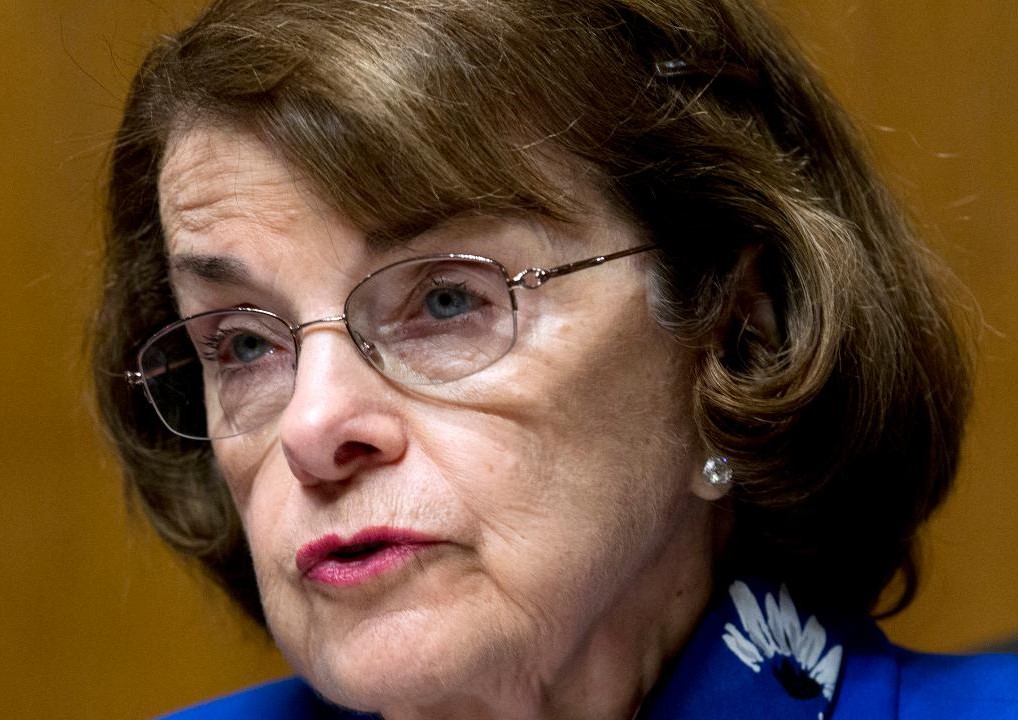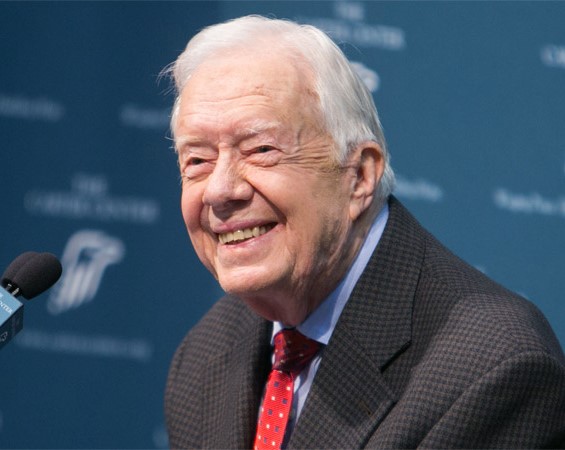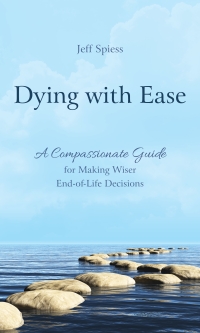Dianne Feinstein and Jimmy Carter
Two major American political figures experienced significant life milestones just a couple days apart, and I was struck by the contrasts between their choices at the close of life. Whether we agree with their positions and policies, we must all acknowledge that both had served their local communities, states, and our nation with distinction and effectiveness.
 Senator Dianne Feinstein, after having served in the United States Senate for just over 30 years, cast her final vote, to fund the government and avoid a shutdown, on September 28, 2023. She died the next day, at age 90. She had recently experienced disease, distress, and decline, but death itself came suddenly for her. During the time of her debility, many called on her to resign. I have no insight into her thought processes, but those who knew her said that she felt she still had much to offer the nation and people she cared deeply about.
Senator Dianne Feinstein, after having served in the United States Senate for just over 30 years, cast her final vote, to fund the government and avoid a shutdown, on September 28, 2023. She died the next day, at age 90. She had recently experienced disease, distress, and decline, but death itself came suddenly for her. During the time of her debility, many called on her to resign. I have no insight into her thought processes, but those who knew her said that she felt she still had much to offer the nation and people she cared deeply about.
Just two days after Senator Feinstein’s death, former President Jimmy Carter celebrated his 99th birthday at his home in Plains, Georgia. My personal connection with President Carter consists of having voted against him twice, for Gerald Ford in 1976 and John Anderson in 1980, but of all those who filled the Oval Office in my memory, his service during and especially after his single term in the presidency, strikes me as singularly honorable.
birthday at his home in Plains, Georgia. My personal connection with President Carter consists of having voted against him twice, for Gerald Ford in 1976 and John Anderson in 1980, but of all those who filled the Oval Office in my memory, his service during and especially after his single term in the presidency, strikes me as singularly honorable.
Mr. Carter, recognizing his progressive frailty and the reality of his medical conditions, elected hospice care seven months ago. To review, hospice is a model of care designed for those at the end of their lives and focuses on expert symptom control and multidimensional care for the patient and family through death and bereavement. In the United States, hospice is available for those with a survival prognosis estimate of six months or less and who choose to receive hospice care, most often based at wherever the patient calls home, rather than medical treatment aimed at life extension and disease control. Note that estimating prognosis for survival duration is an inexact science at best, so a patient living longer than six months from enrollment is not rare.
So, which is better choice, that of a respected Senator, hearing but not heeding calls for resignation, who fulfills her perceived duty with integrity and fortitude until the last moment of her life, or that of an elder statesman who recognizes that his time is short and decides to live his final chapter focusing on comfort, family, and his life-long faith? I can make no judgment because, in my view, there is no essential moral difference. Both employed every ounce of physical, mental, emotional, and spiritual strength at their disposal, every resource they had built up through the decades of their struggles, to make the end of their lives be consistent with their priorities, with what is most important to them.
May each of us approach our ending with similar clarity of vision, openness to the possibilities of each day, and understanding of what is most valuable to us.

